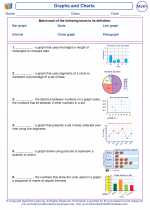Graphs and Charts -> empirical probability
Empirical probability is a measure of the likelihood of an event occurring based on actual experimentation or observation. It is calculated by dividing the number of times an event occurs by the total number of trials or observations.
For example, if you roll a six-sided die 100 times and the number 4 comes up 20 times, then the empirical probability of rolling a 4 is 20/100 or 0.2.
The formula for calculating empirical probability is: \[ \text{Empirical Probability} = \frac{\text{Number of favorable outcomes}}{\text{Total number of outcomes}} \]
Empirical probability can be useful for making predictions based on real-world data. However, it is important to note that empirical probability can change as more data is collected, so it is not a fixed value.
[Empirical Probability] Related Worksheets and Study Guides:
.◂Math Worksheets and Study Guides Third Grade. Graphs and Charts
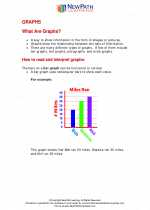
 Activity Lesson
Activity Lesson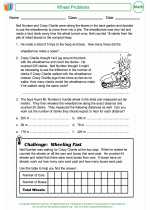
 Activity Lesson
Activity Lesson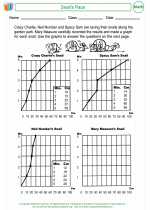
 Activity Lesson
Activity Lesson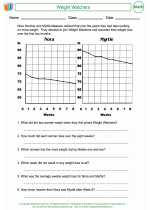
 Worksheet/Answer key
Worksheet/Answer key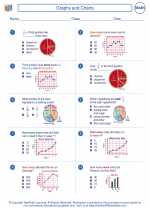
 Worksheet/Answer key
Worksheet/Answer key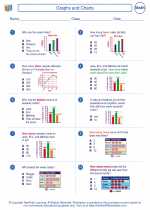
 Worksheet/Answer key
Worksheet/Answer key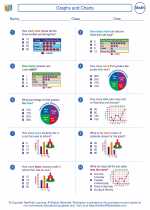
 Worksheet/Answer key
Worksheet/Answer key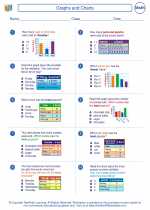
 Worksheet/Answer key
Worksheet/Answer key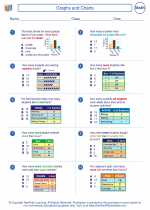
 Worksheet/Answer key
Worksheet/Answer key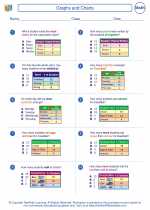
 Worksheet/Answer key
Worksheet/Answer key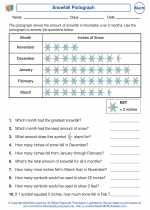
 Worksheet/Answer key
Worksheet/Answer key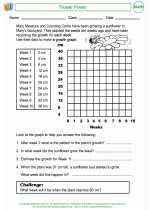
 Worksheet/Answer key
Worksheet/Answer key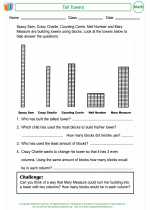
 Worksheet/Answer key
Worksheet/Answer key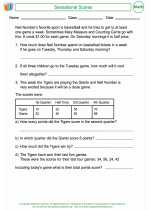
 Vocabulary/Answer key
Vocabulary/Answer key